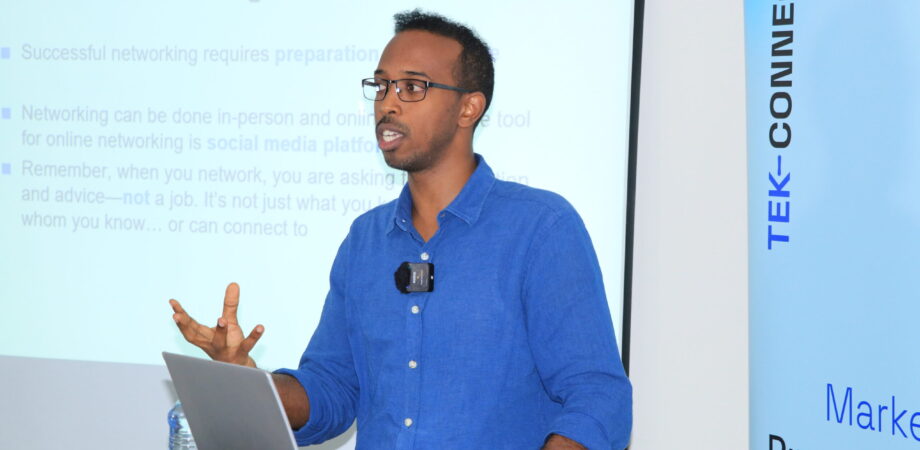The teams focused their efforts on a few of the highest-value S&OP levers in order to review the current planning process, identify gaps in the planning infrastructure and analytically understand demand and supply variability.

Afartan Partnered with SAFICT for Capacity Building Programs
Afartan recognized a challenge faced by many computer science and IT students, particularly women. These students often lacked a clear understanding of personal branding and its importance in securing jobs and internships. Additionally, the perception of civil engineering as a technical and impersonal field made it difficult for individuals to showcase their unique personalities and skills. This was especially true for women in a field with gender disparity. Limited networking opportunities for female students further hindered their ability to build strong professional networks. Finally, striking a balance between showcasing professional skills and maintaining an authentic online presence proved challenging, especially for students new to personal branding.
To address these challenges, Afartan partnered with SAFICT to implement workshops and seminars specifically tailored for computer engineering and IT students. These programs raised awareness about personal branding and its importance in career development. They also provided practical guidance on building a strong personal brand, including crafting a professional online presence and developing communication skills. Mentorship opportunities were offered, where experienced professionals guided students through the personal branding process, providing valuable insights and support.
Furthermore, Afartan organized networking events for students to connect with industry professionals and build their professional network. They also encouraged participation in industry conferences and seminars, allowing students to gain exposure and build connections. Students were guided in creating and maintaining professional online profiles like LinkedIn profiles, personal websites, and strategically managed social media accounts to showcase their skills and achievements.
The results were promising. By building strong personal brands, students were able to highlight their unique strengths and attributes, making them more competitive in the job market. A strong brand led to more job offers, internships, and networking opportunities, boosting their career prospects. Developing a personal brand also encouraged self-reflection, helping students understand their strengths, weaknesses, and career goals, leading to greater confidence. Importantly, by establishing strong personal brands, female students challenged industry stereotypes and inspired others, promoting diversity and inclusion within civil engineering.
Overall, these programs empowered final-year civil engineering students by equipping them with the knowledge and skills necessary to build strong personal brands. This enabled them to navigate the competitive job market with confidence and contribute to a more diverse and inclusive engineering field.
